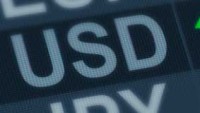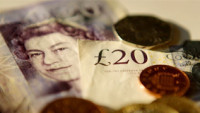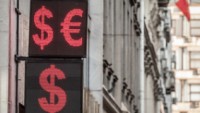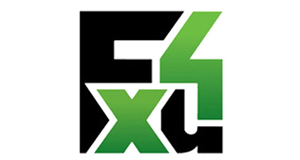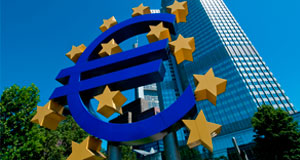 European and US stock markets finished on a positive note last week.
European and US stock markets finished on a positive note last week.
Benoit Coeure of the European Central Bank (ECB) suggested there could be another round of targeted liquidity. This lifted sentiment as traders felt he acknowledged the region needs assistance. Even if the ECB goes down the route of fresh targeted liquidity, borrowing appetite in the currency bloc might not be that strong given the region is stagnating.
US-China trade talks made a little progress in Beijing last week, and the Chinese president, Xi Jinping, is reported to have said he is hoping both sides can reached an agreement that is mutually beneficial. The trade negotiations will continue this week in the US, and dealers are viewing that as a positive step. Asian stock markets traded higher overnight as investors have high hopes for the trade talks.
According to Rightmove, UK house prices increased by 0.2% on an annual basis in February – its slowest pace since 2009. Many potential house buyers are holding-off on account of the lack of clarity in relation to Brexit.
The pound received a nice boost on Friday from the strong UK retail sales report. The announcement showed that sales jumped by 1%, which easily exceeded the 0.2% forecast. Adding to that, the December report was revised higher from -0.9% to -0.7%, which isn’t much, but it’s an improvement. British retailers have had to offer deep discounts to attract customers, so it is possible that slashed prices in the post-Christmas sales drove up the January retail sales figures.
Spanish CPI cooled to 1% in January, from 1.2% in December. The report met economists’ expectations, but it highlights that declining demand in one of the eurozone’s largest economies. Spain has called a snap general election, and it will be held in April. The economy can’t move forward while politics is in limbo.
On Friday, Claudio Borghi, the economic spokesman of Italy’s Lega Party, said the country would leave the eurozone should the partywin a majority at the next general election. Last week saw that Germany just about avoided recession, so it is clear the currency bloc has problems.
Palladium reached yet another record high on Friday, the move was prompted by a report from Johnson Matthey who said underlying demand would outstrip supply this year. The metal is used in catalytic converters in petrol vehicles, and given the tighter emissions legislation from the EU and China, the commodity is in high demand.
Volatility is likely to be low today as the US stock markets will remain closed as the US celebrates President’s Day.
EUR/USD – has been broadly pushing lower since early January, and if the negative move continues it might retest the 1.1216 area. Resistance might be found at 1.1400 or 1.1500.
GBP/USD – has been driving lower since late January, and if it holds below the 200-day moving average at 1.3000, the bearish move should continue. The 1.2710 area might act as support. A rally might run into resistance at 1.3200.
EUR/GBP – has been bouncing back since late January, and a break above the 200-day moving average at 0.8863 might bring 0.9000 into play. If the market turns over again, it might retest the 0.8620 area.
USD/JPY – has been on the rise since early January, and if the bullish move continues it might target the 112.00 area. A break below 109.50, might bring 108.50 into play.
______________




